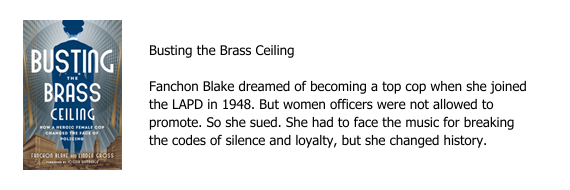I’ve loved historical fiction ever since I was a kid. When growing up in Paris, I got hooked on The Three Musketeers and eventually powered through the unabridged versions of all the rest of Alexandre Dumas’ novels (in French, mind you!). Decades later, the sister of a friend of mine hired me to edit one of the period novels she had penned in her free time. That’s when I realized that writing historical fiction can be downright demanding.
So, let’s break it down, starting with the obvious question. What are you going to write about?
First, unless you already have a famous person or family story you want to focus on, you’ll need to determine your time period and place. As far as dates go, anything up until 1960 will work.
Second, just as when writing a memoir, you’ll want to figure out your hook. If you’re writing about a well-known historical figure, which can be a great idea, figure out the angle that will catch and hold your readers’ interest. For a twist, maybe your story could revolve around a minor character involved in the historical figure’s life. The novel Mrs. Lincoln’s Dressmaker comes to mind.
Third, do your research—online, in books, and in-person at locations and through interviews. You are writing fiction, so you can take liberties, especially if you alert your readers in your author notes about where you deviated from reality. On the other hand, history has always been a matter of perspective. The textbook version of our country’s past is most assuredly not considered definitive by Native and Black Americans. Still, certain events happened when they did, so you won’t want to take liberties on that front.
In addition to identifying those milestones, you’ll want to immerse yourself in fact-finding so you have a true sense of how the people in your time period lived, how they thought, and what the day-to-day world that surrounded them was like. While an encyclopedic litany of facts will lose readers in record time, integrating period detail when developing characterization or your storyline will earn you fans. For more research-related ideas, check out “5 Tips for Creating a Fully Realized Historical Setting.”
Just make sure you don’t use all the research as an excuse to avoid writing your book. At a certain point, enough is enough. Authenticity is critical, but you’re writing a novel, after all. The operative word there is writing.
Fourth, before you dive in, check out your competition. Make sure you’ve come up with a fresh take if your subject matter is the focus of other historical novels. Weaving in elements of your own story or your family’s can help on that front. Remember, as author Kristin Beck points out in the Writer’s Digest article “Family Stories as Inspiration for Historical Fiction,” “there’s always a fine line between reality and make-believe.” So even as you stay true to historical fact, unshackle your imagination and let it fly.




















0 Comments